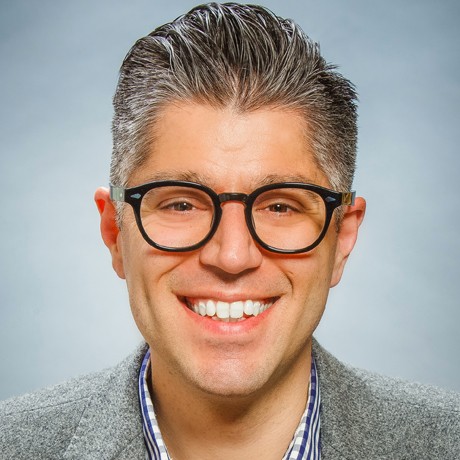What inspires me:
Humanity. I get inspired by random acts of kindness and by people who are willing to sacrifice for others. However different we may be, people generally share the same values and concerns.
How I inspire my team:
I try to communicate a common sense of purpose that resonates with every individual, and by truly demonstrating our values and ethics in how I work. It’s critical to avoid the traps of "the title" and be relatable.
What sparks my interest in a project:
The challenge of solving a big business issue, something that the majority sees as "impossible to fix," and that will have lasting impact on our business, our customers, our environment, or our people.
The biggest challenge facing apparel manufacturing today:
Staying relevant. As the pace of innovation continues to increase–whether it’s in wearable tech, smart materials, robotic manufacturing, or transparency throughout the supply chain–apparel manufacturers need to continue to find ways of connecting with a shifting demographic whose values and tastes are constantly evolving.
Some of the biggest innovations in manufacturing operations:
Automation and robotics are huge. Along with new, smarter, more technical fabrics.
Manufacturing apparel sustainably and humanely:
The apparel industry faces a vexing choice: for the past 50+ years, apparel manufacturing has chased the lowest cost labor markets. This has created some challenges around sustainability and compliance. While the apparel industry has made significant strides in driving greater transparency and compliance, does it continue to chase low cost manufacturing, or is the future of low cost manufacturing a more automated, less labor-intensive model?
What excites me about the future of manufacturing operations:
The level of innovation coming from garment manufacturing is amazing. To survive, many industry players need to innovate around the manufacturing process, drive supply chain efficiency, and build the capability to manufacture increasingly complex products.
Where apparel manufacturing is heading:
I see continued regional consolidation around "mega-factories," and anticipate the movement of apparel manufacturing away from China into South and Southeast Asia. I envision that we will see the introduction of more robotics into apparel manufacturing sometime in 3-5 years.
My path to this role:
As a Chemical Engineer by training, the majority of my career has been in operations and supply chain. Prior to joining Avery Dennison, I worked in the coatings industry for 15 years. Avery Dennison’s RFID business drew me to the company, and in my first role as the RFID Platform Engineering team leader, focused on providing manufacturing capabilities around the world to support the growth of the RFID business. Shortly thereafter, I was asked to add the Heat Transfer Platform Engineering and Innovation team to my scope, and ultimately, ended up leading the entire Platform team. Building a Global Supply Chain and Commercial Program Management organization focused on successfully deploying and executing large commercial opportunities provided the next challenge. Most recently, I transitioned into leading our Branding Solutions organization, which focuses on developing and commercializing market solutions to help fuel the growth of our business.
My career path has been anything but usual, and always exciting. I lived in China for seven years. I have traveled to many interesting places around the world for business. Along the way, I picked up my MBA (whilst having our first child and moving across the world - not recommended). And I have had the pleasure of working with some of the best people in industry. I wouldn’t change a thing!
Best career advice I’ve received:
Don't worry about things that are not within your control. It's probably good overall life advice.

